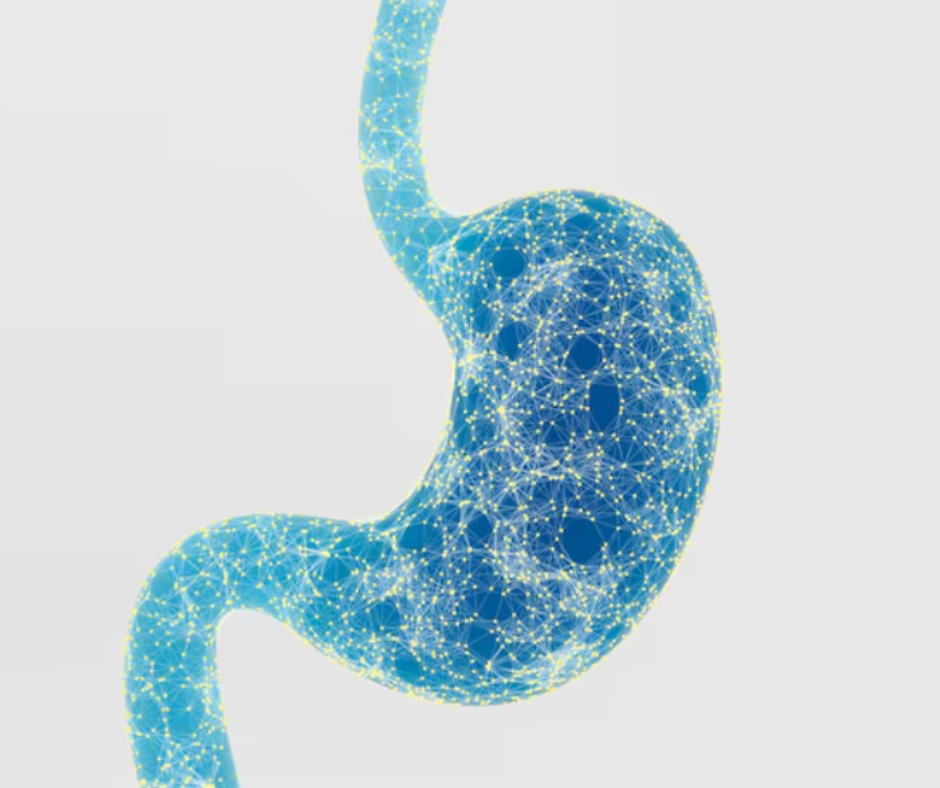The Best Diet for Liver Health: Tips from a Hepatologist
- livercarecenter23
- Mar 28, 2024
- 2 min read
Maintaining a healthy diet is crucial for liver health. Here are some tips from a hepatologist on the best diet for liver health:
Limit Alcohol Intake: Excessive alcohol consumption can damage the liver and lead to conditions like fatty liver disease, hepatitis, and cirrhosis. For optimal liver health, it's important to limit alcohol intake or avoid it altogether.
Eat a Balanced Diet: A well-balanced diet that includes a variety of fruits, vegetables, whole grains, lean proteins, and healthy fats is beneficial for liver health. Aim to fill your plate with a colorful array of fruits and vegetables, which are rich in vitamins, minerals, and antioxidants that support liver function.
Watch Your Sodium Intake: Consuming too much sodium can contribute to fluid retention and liver damage, especially if you have liver disease. Limit your intake of processed and packaged foods, which are often high in sodium, and opt for fresh or homemade meals seasoned with herbs and spices instead of salt.
Choose Healthy Fats: Incorporate healthy fats into your diet, such as those found in avocados, nuts, seeds, and fatty fish like salmon and mackerel. These fats provide essential fatty acids that are important for liver health and can help reduce inflammation.
Limit Sugar and Processed Foods: Excessive sugar consumption and consumption of processed foods can contribute to fatty liver disease and insulin resistance, which can lead to further liver damage. Cut back on sugary drinks, desserts, and snacks, and opt for whole, unprocessed foods whenever possible.
Stay Hydrated: Drinking plenty of water is essential for liver health as it helps flush toxins from the body and supports overall liver function. Aim to drink at least 8 glasses of water per day, and more if you're physically active or live in a hot climate.
Manage Portion Sizes: Overeating can lead to weight gain and fatty liver disease, so it's important to manage portion sizes and practice mindful eating. Pay attention to hunger and fullness cues, and stop eating when you feel satisfied rather than overly full.
Consult with a Registered Dietitian: If you have liver disease or specific dietary concerns, consider consulting with a registered dietitian who specializes in liver health. They can help create a personalized nutrition plan tailored to your individual needs and goals.
By following these dietary tips and adopting a healthy lifestyle, you can support liver health and reduce the risk of liver disease. Remember to also incorporate regular physical activity, get enough sleep, and avoid smoking to further promote overall well-being.



Comments